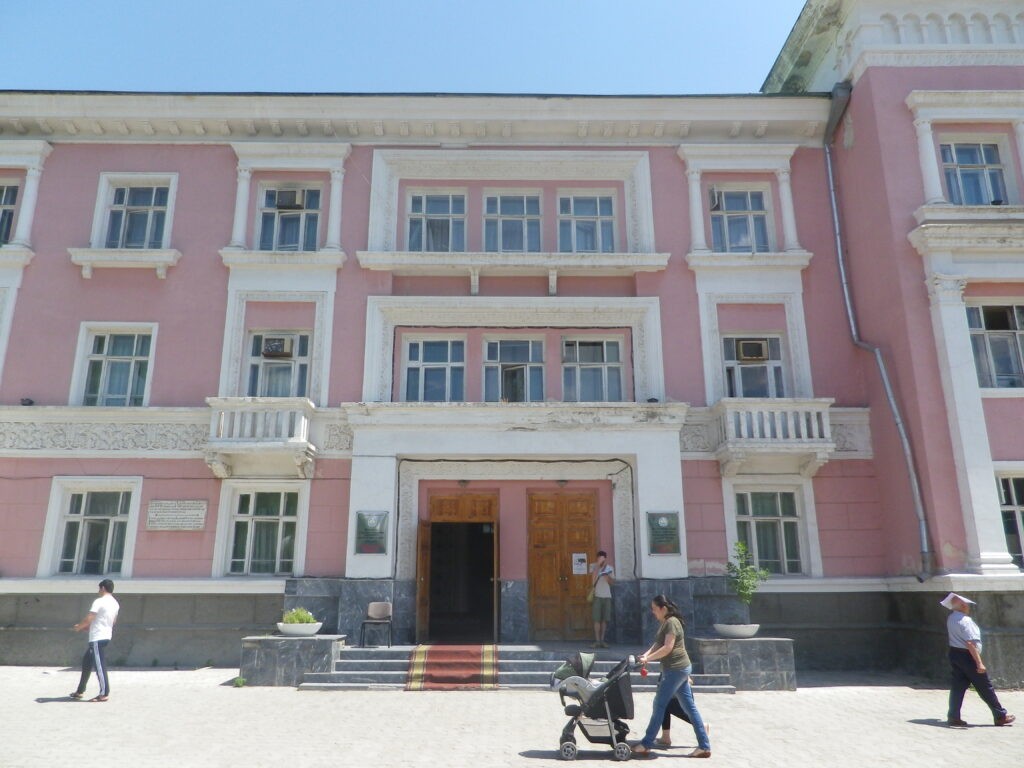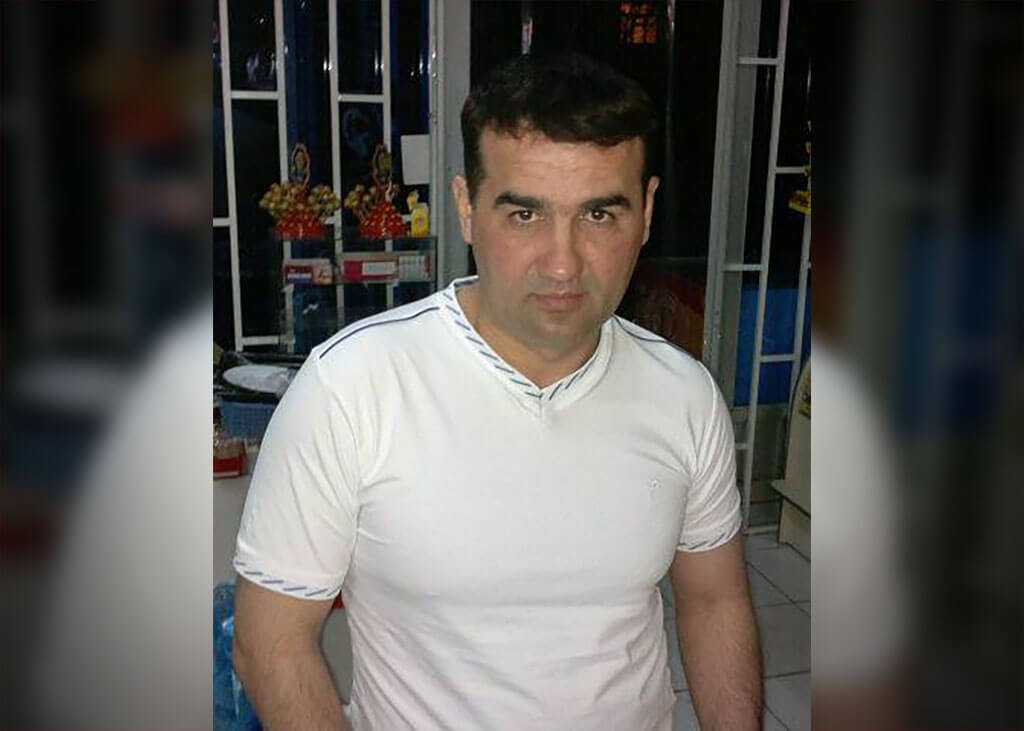LONDON (TCA) — A prominent human rights activist has been forcibly subjected to psychiatric treatment in Tashkent, Uzbekistan. On March 1, 2017 Yelena Urlayeva, the chairperson of the Human Rights Alliance of Uzbekistan (HRAU) was arrested by police, who called an emergency psychiatric ambulance which transported her to hospital.
Representatives of the US Embassy and numerous international organisations have been allowed to visit Urlayeva in hospital. However, hospital staff have not given any clear reasons for her hospitalization. A medical commission has not examined Urlayeva to certify the need for her compulsory treatment, contrary to Uzbekistan’s Law on Psychiatric Treatment, which mandates should take place within 48 hours of hospitalisation.
In a video that was recorded in her hospital room, Urlayeva described the circumstances surrounding her arrest. “The police beat me and ripped my clothes. They did this specifically so that I could not go to my meeting the next day with visiting officials from the World Bank and the International Labour Organisation,” she said.
According to Umida Niyazova, Director of the Uzbek-German Forum for Human Rights (UGF), Urlayeva was planning to present her first-hand evidence of human trafficking and state-organized forced labour in Uzbekistan’s cotton harvesting industry at the meeting.
The activist has already been forcibly placed in the same psychiatric clinic in 2001, 2005, 2012 and 2016. International organisations have repeatedly asserted that she was subjected to “punitive psychiatry” and demanded her release.
Urlayeva claims that in the weeks leading up to her detainment, the police behaved in an abusive manner toward her. “They prevented me from entering my flat, they bullied me and shouted insults at me,” said Urlayeva.
Shortly after Urlayeva was arrested, a petition was launched on Change.org which demands the release of the activist and condemns the actions taken by Uzbek authorities. “We the undersigned strongly urge the World Psychiatric Association to demand that the government of Uzbekistan immediately release Yelena Urlayeva from forcible psychiatric detention, where she is being held in retaliation for, and in order to prevent, her human rights activism.”
A case of “punitive psychiatry” was reported in 2012 when Jamshid Karimov, an independent investigative journalist and nephew of the late president Islam Karimov, was forcibly confined in a psychiatric hospital in Samskend, Uzbekistan. Karimov was later released in 2017, a decision that was publicly welcomed by an OSCE media-freedom representative.
* Madeline Roache is a London-based freelance journalist focusing on human rights in the former Soviet Union. Her particular area of interest is the abuse of psychiatry and she researched this phenomenon in modern Russia extensively during her Masters at University College London (UCL), where she studied Russian and post-Soviet politics. She has written about politics and media for an academic publication, the Euromaidan press and BAFTA.
The information and views set out in this article are those of the author and do not necessarily reflect the opinion of The Times of Central Asia








